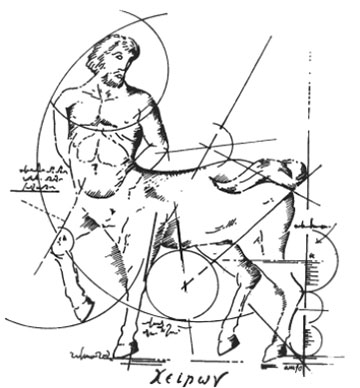Accademia Nazionale di Medicina (AccMed) is a non-profit scientific association that has been involved in the training and updating of healthcare professionals since 1991. In 1994 it was recognized by the Ministry of Health as an 'institution suitable for providing technical-scientific consultancy regarding the updating and information of doctors on drugs', while in 1995 the Ministry of Education, University and Research recognized AccMed’s legal personality. AccMed is National CME Provider No. 31, founding member of the European Federation of Medical Academies (FEAM), represents Italy in the health and medicine section of the InterAcademy Partnership (IAP ), which brings together 149 academies from all over the world, and is a partner of the Unitelma Sapienza online university.
The Chiron International Award for Biomedical Research and Training, established in 1990 by the National Academy of Medicine, is awarded to scientists who have not only achieved significant results, but also been able to disseminate new knowledge in the medical field.
The story of Chiron
Legend has it that Chiron, son of Cronos and Philira, was a mythological being half man and half horse endowed with extraordinary virtues. Unlike the other crude Centaurs, he had a mild nature and was endowed with a profound knowledge of many arts: music, astronomy, hunting, handling weapons and even medicine and surgery.
He would have carried out the first transplant in history, implanting Achilles with a new heel to replace the one the hero had burned. The very name of Chiron indicated a longer limb, thus hinting at the skill of the hand. The myth also tells us that on the occasion of the wedding between Thetis and Peleus, Chiron gave the latter a magical spear which had the virtue of healing those who had previously been wounded by it.
Chiron was the teacher of many gods and heroes of Greek mythology: Apollo, Dionysus, Castor and Pollux, Theseus and Asclepius, god and patron of medicine. Chiron, as the son of Cronus, was immortal. However, an incurable and extremely painful wound to his foot, caused by a thunderbolt soaked in the blood of the Hydra, pushed him to ask to die, giving up his immortality to Prométheus. Zeus then placed him in the sky in the constellation of Centaurus.
The mythical centaur, doctor and educator, therefore represents an ideal figure to name a scientific recognition.
